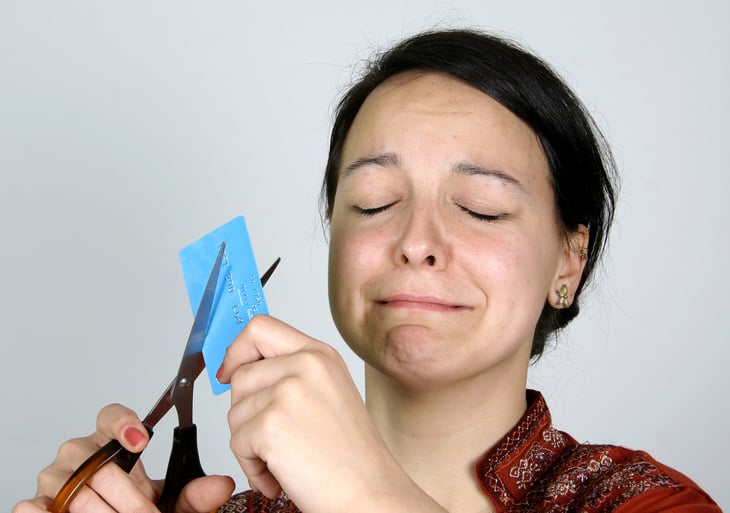
A good credit card can be a boon to your financial life. Not only are credit cards a convenient way to pay for things, but they also offer protection when you have a dispute with a merchant. Use them responsibly, and they can simplify how you shop and spend.
Unfortunately, millions of Americans struggle to avoid the potentially catastrophic side of credit card use: runaway debt. If you’re in trouble with debt, stop what you’re doing right now, visit our Solutions Center and get some free debt help.
If you’re not in trouble yet but worry that you’re heading in the wrong direction, maybe it’s time to find some alternatives to credit cards.
Ready to break your plastic habit? Here are some key ways to quit credit cards.
1. Reduce your credit card limit
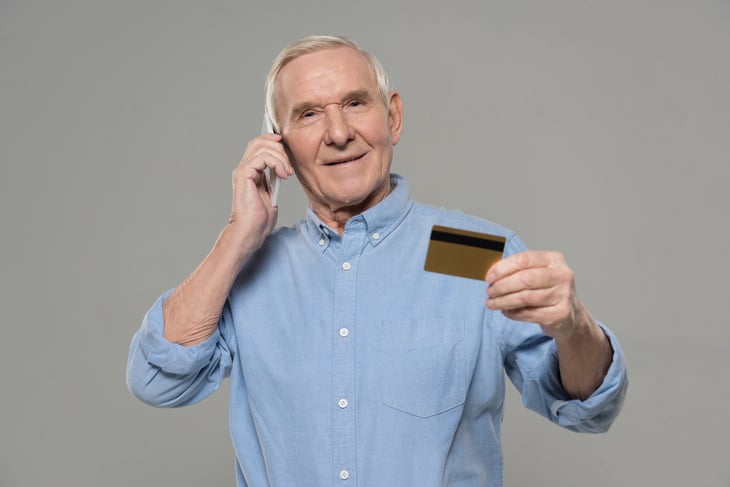
The bigger the credit card limit, the more room to spend, spend, spend. So, consider voluntarily lowering your credit line.
Andrew Jamison, a certified financial planner at Main Avenue Financial Services in Beaverton, Oregon, recommends asking a credit card company to reduce the available credit to a small amount — such as $250 or $500.
“This way, a person has to regularly check their credit card balance, transfer funds from checking to pay it off, and then continue to use it,” he says.
Jamison notes that while the credit card company might be reluctant to reduce your limit, “it can be done in most cases.”
Ask the credit card company to hold your available credit at the new credit limit. If you don’t, the lender might increase the limit over time.
2. Pay with cash
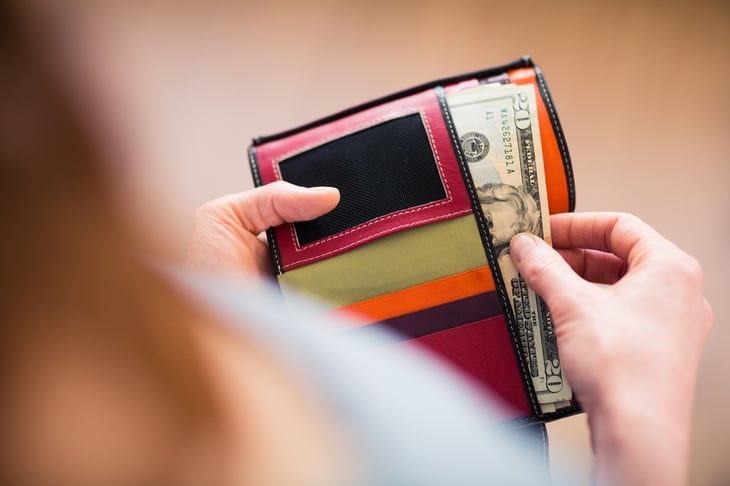
A great way to clear away the plastic in your life is to pay with cash instead. Jamison recommends taking all of the plastic out of your wallet or purse and carrying only cash.
Calculate how much you will spend each week on food, gas, groceries and other expenses. Then, withdraw that amount in cash from the bank each week, he says.
“Once you are out of cash, then you should really stop spending for the week,” Jamison says.
Doug Bellfy, a certified financial planner with Synergy Financial Planning in Windsor, Connecticut, says switching to cash has another benefit that may encourage you to spend less.
“It is much more painful to hand over cash versus swiping a card or even writing a check,” he says.
3. Hide your credit cards
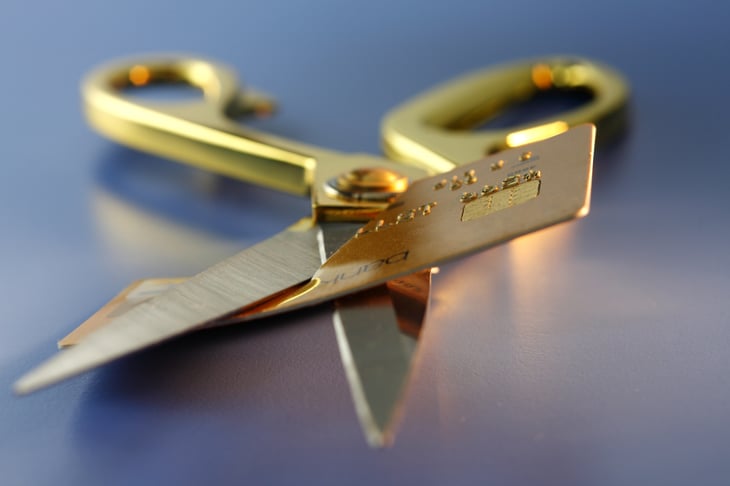
Once you empty your wallet of credit cards, be creative about where you stash that plastic. “Cut up, freeze or lock away all your cards,” Bellfy says.
Bellfy says not having credit cards immediately available will save you “a dozen times” from caving to temptation and spending as you wean yourself from credit card debt.
Sealing up your credit card in an envelope is another way to deal with temptation, says Brian Pon, a certified financial planner at Financial Connections Group in Corte Madera, California.
He suggests writing “DO YOU REALLY WANT THIS?” on the outside of the envelope.
“Remember when we were told to count to 10 before getting angry?” he asks. “This is the economic equivalent to counting to 10.”
4. Have a daily/weekly payoff
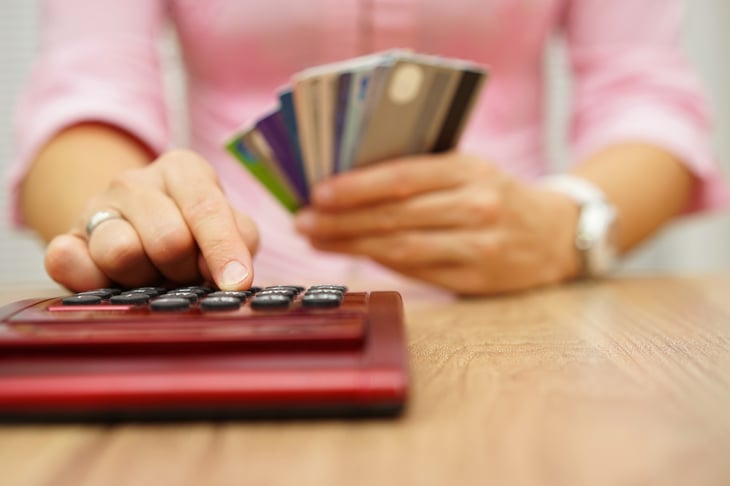
Forget about a once-a-month credit card payment. Instead, increase your payments to help keep you in the habit of paying off the balance in full before the debt grows.
For example, Jamison suggests paying your balance off on a daily or weekly basis. “I pay mine off daily,” he says.
5. Stay away from temptation
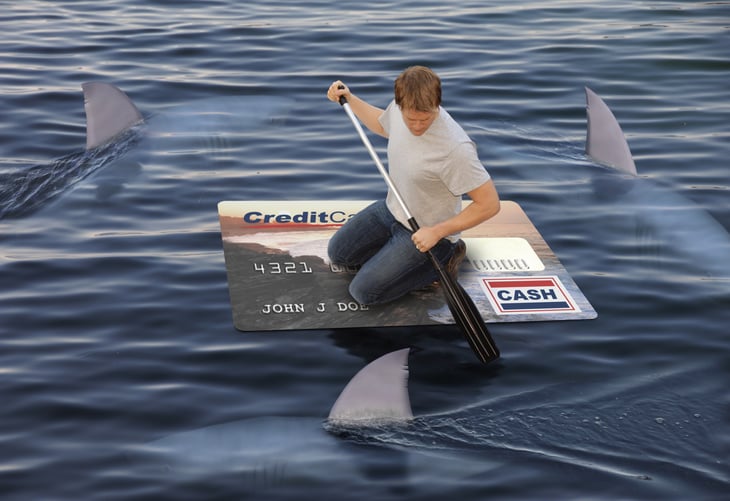
Keep tabs on credit card spending by avoiding locations where you’ll be tempted to spend the most.
“Avoid the problem places that lead you to spend money,” Pon says.
If you are trying to quit credit card spending or to reduce your levels of credit card debt, Pon urges you to stay away from malls, shopping centers and individual stores. Online, he recommends staying away from e-commerce sites. At home, he urges you to recycle paper mailers and print catalogs immediately.
6. Plan for large expenses
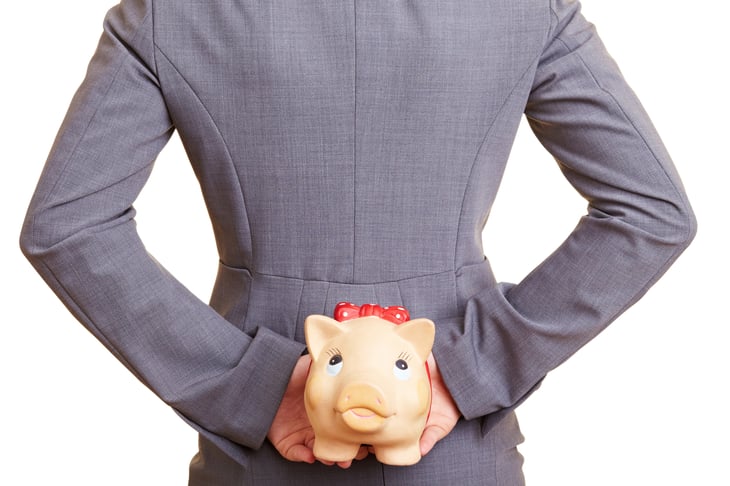
Don’t get stuck reaching for a credit card at the last minute to handle big expenses, such as taxes. Instead, plan for these expenses long before they arrive.
“Sometimes those large expenses — like insurance premiums or taxes owed — throw off our budget and lead to our dipping into our credit card balances,” Pon says. He urges you to avoid this fate by saving ahead.
A three- to six-month emergency fund is a good savings goal as well. So, when a large bill arrives, you’ll have the cash on hand to pay for it without reaching for a credit card.
For more advice on building an emergency fund, check out “9 Tips for Starting an Emergency Fund Today.”
7. Use debit cards — but with caution
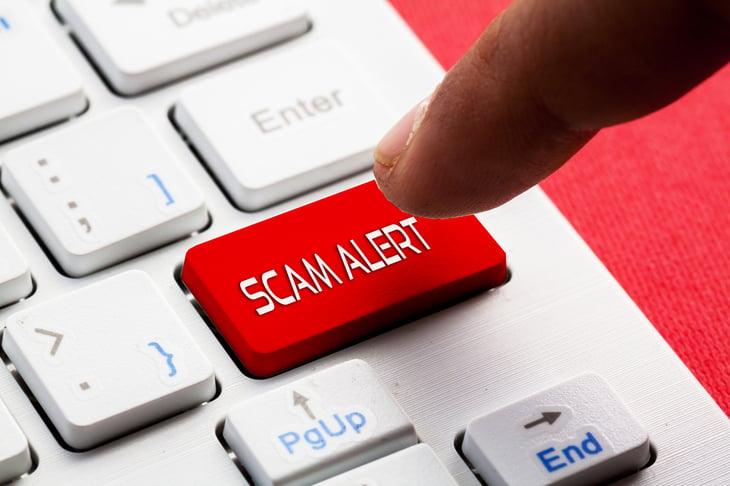
A debit card looks like a credit card, but it doesn’t offer the same consumer protections. So, use caution when slipping your credit card out of your wallet and slipping your debit card into it instead.
“With all the fraud out there, it is difficult to choose to use debit cards over credit cards from a safety perspective,” Jamison says.
He notes that if someone uses your debit card fraudulently, the thief could wipe out your checking account balance. How soon you report a lost or stolen debit card determines whether or not you will get all your money back.
According to the terms of the Electronic Fund Transfer Act, which governs debit cards, if you wait more than 60 days to report a debit-card loss, you might not get any of the stolen funds back.
By contrast, thanks to the terms of the Fair Credit Billing Act — which governs credit cards — unauthorized charges when a credit card is lost or stolen are limited to $50, regardless of when you report the loss.
Renting a car, reserving a hotel room, shopping online and paying for things abroad are all scenarios where paying with a credit card would come in handy for the added consumer protection — even if you are trying to kick your plastic habit.
8. Keep using your credit card, but with greater care

As we mentioned, credit cards offer unparalleled convenience and consumer protections. Many also allow you to earn cash back and other rewards.
So, rather than quitting credit cards altogether, perhaps your best route is to simply buckle down and employ some of the tips above. It’s also crucial to make sure you choose the right credit card for you. Some people will benefit more from rewards cards, while others will do better to seek a card with the lowest interest rate.
To find the perfect card, check out the Money Talks News Solutions Center. There, you will find a credit card tool that can help you find the perfect plastic.





Add a Comment
Our Policy: We welcome relevant and respectful comments in order to foster healthy and informative discussions. All other comments may be removed. Comments with links are automatically held for moderation.